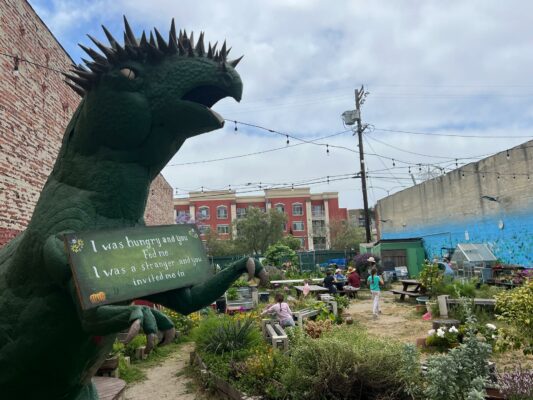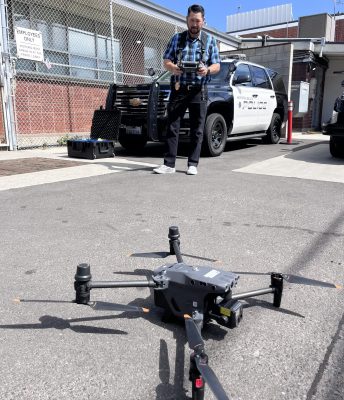The real movers and shakers
 The post-Egypt chest thumping has begun. Some pundits claim that the rise of the seeking of democracy in totalitarian states (which we, by the way, have long supported) is the long term result of the foreign policies initiated by the newly beatified St. Ronald of Reagan. Others say it is a vindication of the George W. Bush Iraq policy. Still others laud President Obama for a skillful navigation of a very precarious situation.
The post-Egypt chest thumping has begun. Some pundits claim that the rise of the seeking of democracy in totalitarian states (which we, by the way, have long supported) is the long term result of the foreign policies initiated by the newly beatified St. Ronald of Reagan. Others say it is a vindication of the George W. Bush Iraq policy. Still others laud President Obama for a skillful navigation of a very precarious situation.
In fact, none of these are right because every one of these scenarios assumes that the old style of foreign policy management is still in place. In fact, four other people are far more important when it comes to how countries around the world will govern themselves. They are: Mark Zuckerberg, Sergei Brin, Larry Page and Jack Dorsey.
In order, they are the founders of Facebook, Google and Twitter. These technologies are revolutionizing revolution.
Both of the uprisings of the last month or so, in Tunisia and Egypt, were driven by young people communicating, organizing and mobilizing through social networks. In Egypt, it was a Google staffer who is considered the epicenter. In Tunisia, it was an event, a self-immolation, which was virally communicated via Facebook that brought out the people.
Having spent much of my adult life in and around technology, it is easy for me to understand how such a series of events could occur. The rate of acceptance of these new technologies by young people is astonishing. The morphing of those technologies into powerful communications tools is even more so.
Combined with the statistics of the region, specifically the huge percentage of the population of Middle East countries under the age of 30, the ability to communicate with minimal or no interference from controlling/totalitarian governments should have informed not only their governments, but ours, that dramatic change was in the offing.
However, it is not just in foreign policy where these technologies are coming into play. The use of social networks is changing how the United States conducts its domestic politics. “Third parties,” including the Tea Party, have organizing tools unavailable even a decade ago. Hopefully, these tools will be used for providing positive change, but these same tools are available to the good and bad guys, so vigilance is still necessary to monitor their use.
The large difference between the political use of social networks between the Middle East and here (as well as Western Europe) is demographic. Young people represent a much smaller percentage of our populations than theirs. Also, we have other media available, such as over-the-top cable TV and talk radio, which is forbidden to them since the government controls the over-the-air and print media.
So, let’s stop trying to claim present events by ancient rules. The rules have changed. Whether it is all for the good is still to be determined. ER









